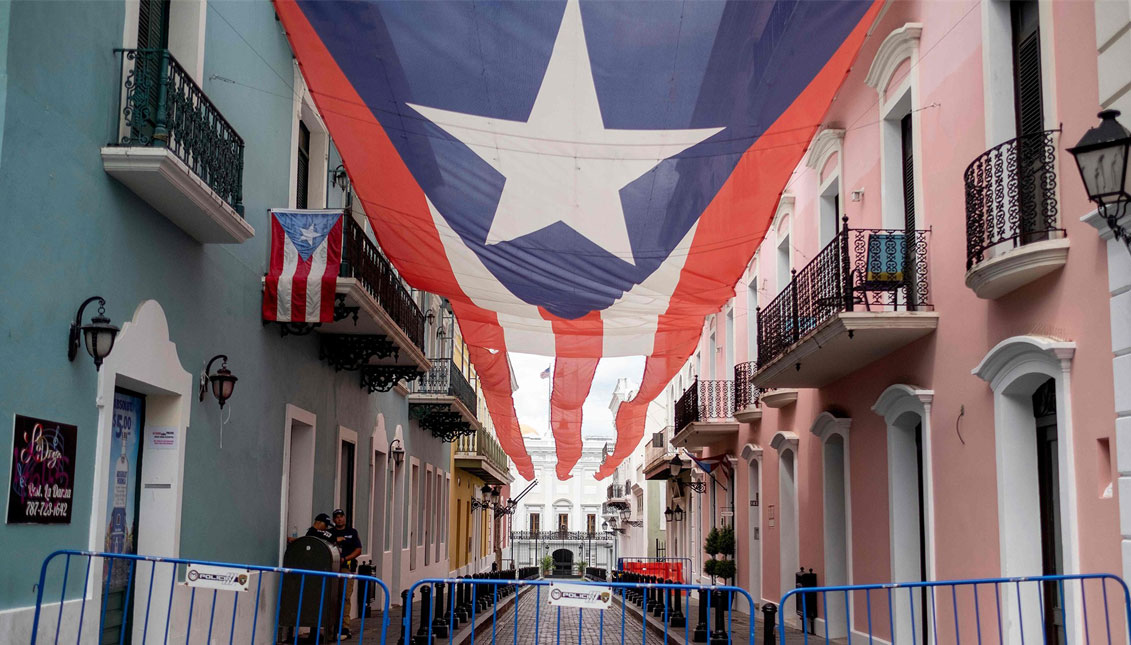
An impossible reconstruction? Puerto Rico's Double Battle To Stay Afloat
How the island, yet to be rebuilt, faces a pandemic that no one was prepared for.
In the last two years, Puerto Rico has been through two hurricanes and a series of earthquakes, and it’s still struggling to recover. However, living through this has given Puerto Ricans a unique resilience to face the situation of COVID-19.
AL DÍA spoke with Ricardo Álvarez, Founder and Director of Álvarez-Díaz & Villalón, who has extensive knowledge of the history and conditions of the island, as well as being a link between FEMA and the private sector for reconstruction projects on the island.
In the interview, he commented on how work is continuing on the island while respecting the curfews necessary to contain the spread of the coronavirus; how to expand Puerto Rico's hospital capacity, and the opportunities that arise from refocusing the island's pharmaceutical industry.
In Puerto Rico, the biggest problem we had with the issue of the coronavirus was that we are not testing here, so there is no way to have data on when the first case was or how many people were infected. Although the perception is that we had cases well before.
Partly because the island is an international hub: there are a lot of flights coming here to connect with Latin America as well as a lot of flights coming from the United States and cruise ships –it's the largest cruise ship hub in the entire Caribbean and Latin America.
As such, they are taking care of it rather aggressively. Look, of all the fifty states and territories in the United States, Puerto Rico was the first place where they imposed curfews and rules two weeks earlier than the states in the nation.
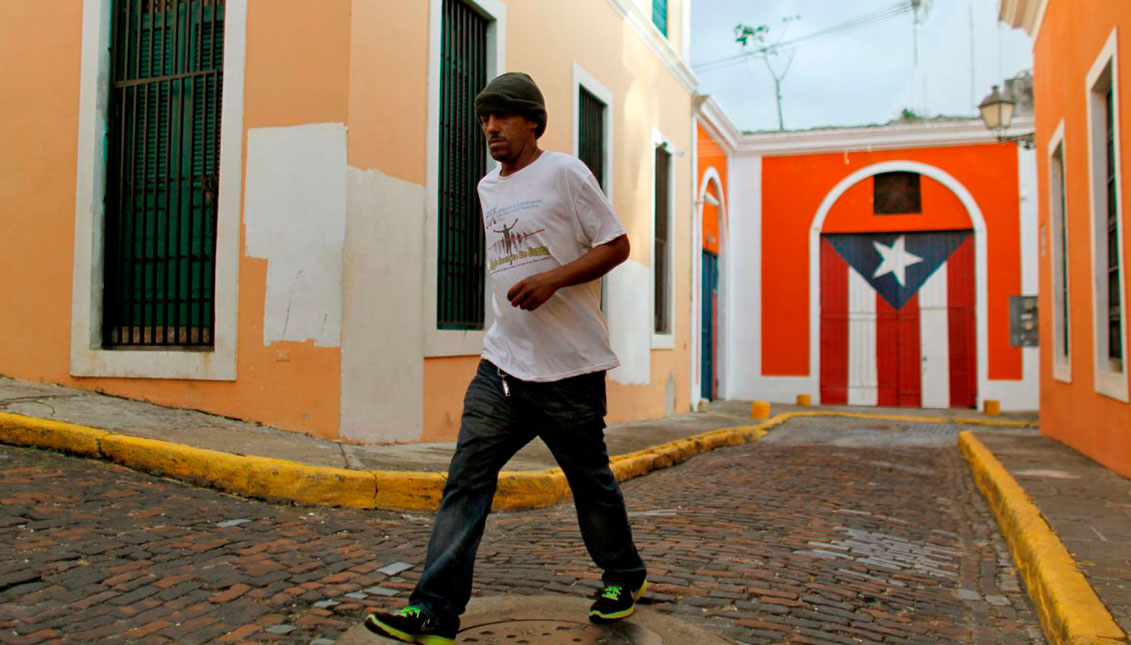
On the one hand, the government has been less timid than in other states because of the extreme situations we've experienced in these two and a half years: hurricanes, earthquakes... Going through these types of catastrophes gives you a level of seriousness that prepares you for what's happening globally now.
The private sector has also been quite consistent in the importance of closing down as soon as possible, but it has understood something that the government has not: there are certain measures that not only affect people's health, but also the economy.
By this, I mean that there are certain local laws that limit, for example, the possibility of working remotely, as in the case of notaries. This is a good opportunity to digitize processes, and the same goes for banks and lawyers so that they can work remotely.
In any case, the government is taking excellent short-term measures for people's health, even though it continues to miss the fact that remote business must be facilitated.
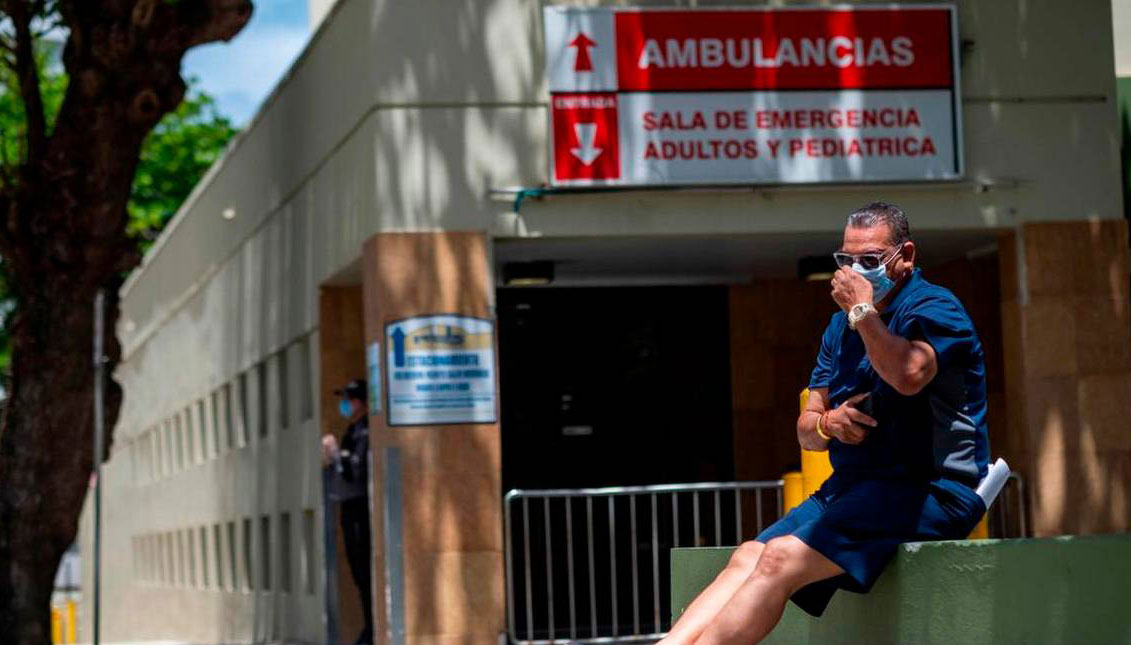
By having to comply with local and federal laws, the construction industries are highly regulated in Puerto Rico and the United States. But what’s happening is that if we had access to tests we could do them to the workers instead of closing the sites, and that would avoid stopping the construction of affordable housing, which we call "critical construction.”
We are losing the opportunity to relocate more people who lost their homes in the hurricane and earthquakes, and that is prolonging their suffering.
We ourselves are handing over to the government the regulations that are being used in the United States to authorize critical construction, which is essential, because in other types of construction, like administrative construction, you can continue to work remotely.
In the case of manufacturing, Puerto Rico, between 1976 and 2006, was the number one place in the world for pharmaceutical manufacturing. After 2006 it began to decline because there were some federal laws that were being eliminated.
This situation has inadvertently given the island exposure, because many congressmen and senators are considering making the necessary drugs in a U.S. territory, instead of continuing to depend on Ireland and China.
RELATED CONTENT
There is also a lot of local expertise here that has been working in pharmaceuticals for years and people who have been laid off. What they need to do is to refocus on those jobs after working for decades when different pharmaceuticals closed down.
Although Puerto Rico is experiencing what the world is experiencing, the fact that we've spent so much time these last two and a half years has definitely prepared us all, mentally, to "hey, are we going to be stuck in the house for a month", there are people who were stuck in the house without electricity and water for a year. And if you put that into perspective, one year, no lights, no water! And now we're in the house with water, with lights... we're looking at it as "It could be worse!"
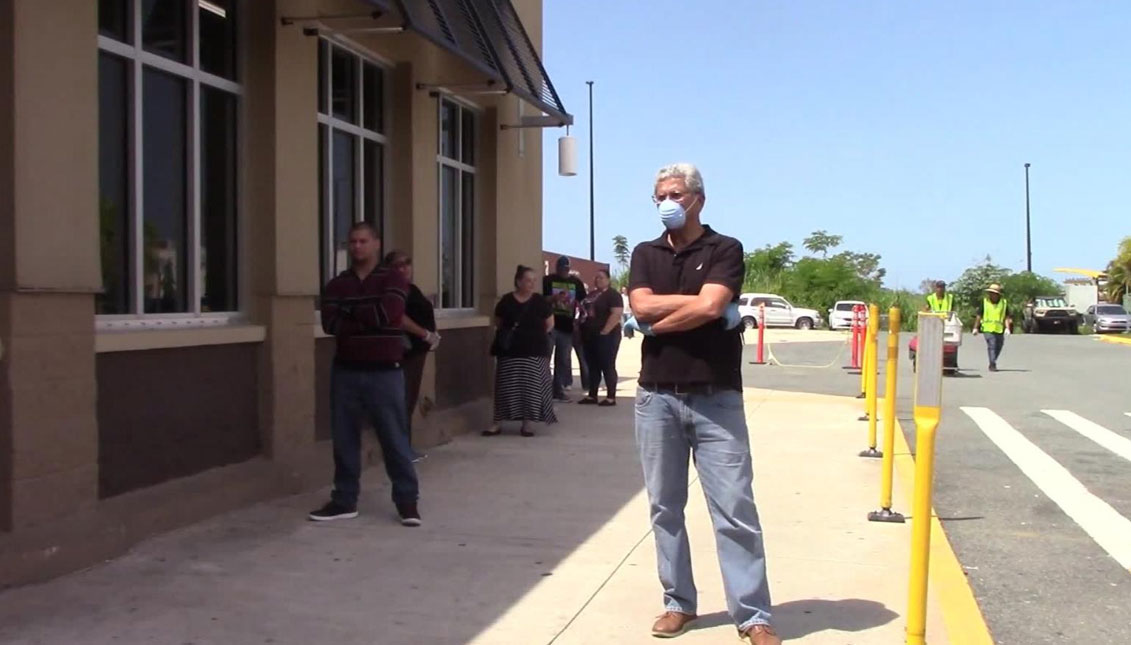
Although informal work is massive in Puerto Rico, there is a lot of U.S. federal aid. So if you can't work because you can't go out on the street, you get unemployment benefits.
In my opinion, it would be unfair to compare the suffering of Peruvians, for example, with Puerto Rico, because people with economic limitations (there) have less access to aid.
To give you an idea, the economic assistance in Puerto Rico is the same as in all fifty states of the nation.
If we look at Latin America, people have to still feed their families without receiving government aid and they have to go out on the streets to collect informally. They don't have the peace of mind to say, "I'm going to stay here for a month, but I'm going to get my check.“
What they have started to do is try to manufacture medical equipment, but the tests will be bought outside. They're looking for a way to buy and bring in as much of it as possible.
There are 41 hospitals in Puerto Rico, and at least the three largest are connected. But our most pressing problem, like everyone else's, is ventilators: we only have 500. According to the government, we need three thousand in the next two weeks; but our analysis –in the Builders Association– leads us to think that we are going to need ten thousand.
Another issue is the beds, as it’s happened in the United States and all of Latin America. Curiously, in the United States, there are fewer beds per population than in Italy. The Puerto Rican government is trying to convert public places into temporary hospitals and hotels in order to create 4,000 new beds for more or less stable people and thus remove them from the sources of infection.
We can't build a new hospital in 10 days as China did, but we can convert existing infrastructure to meet the need.
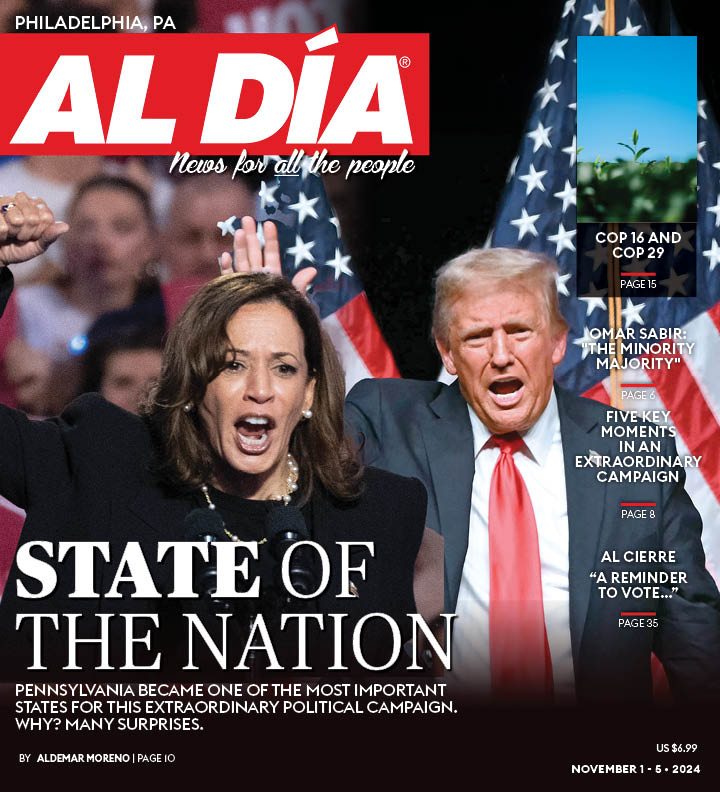

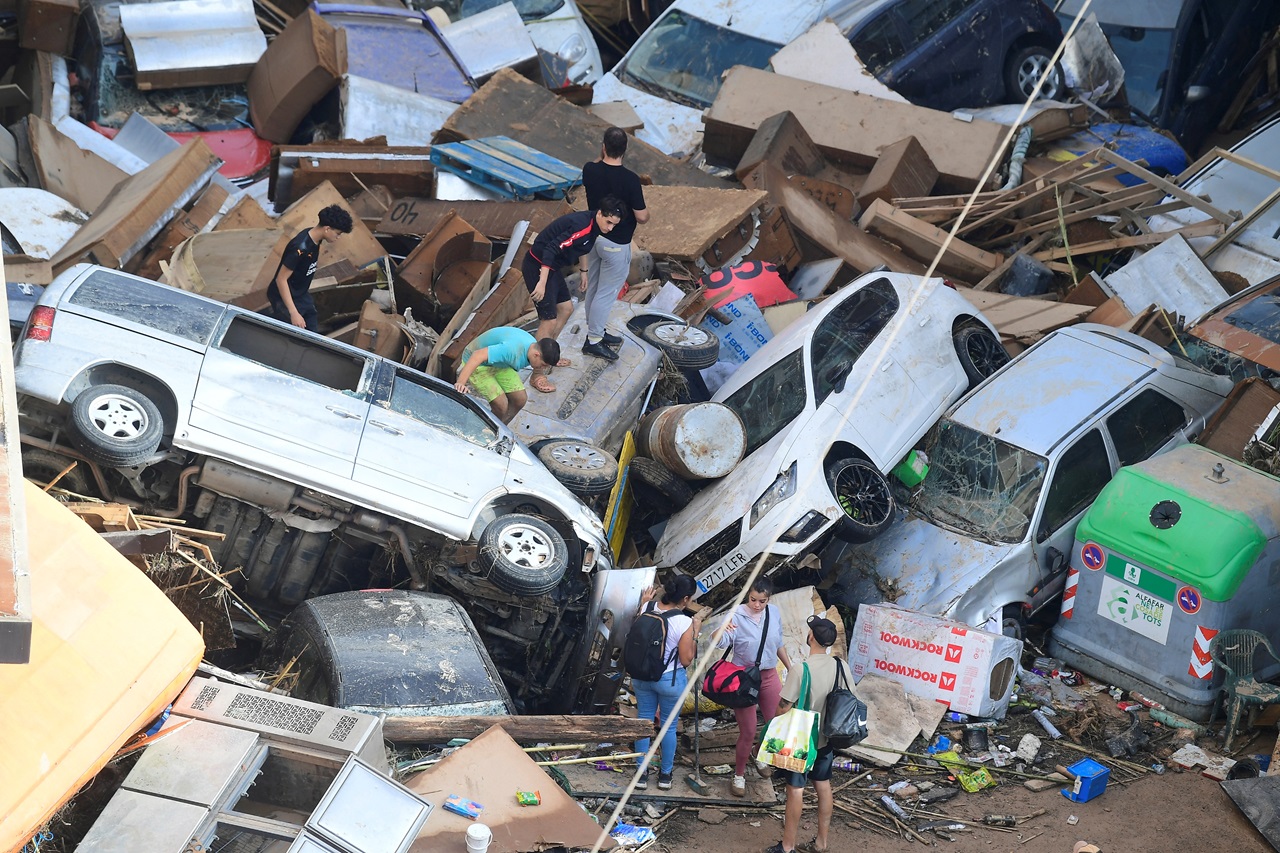
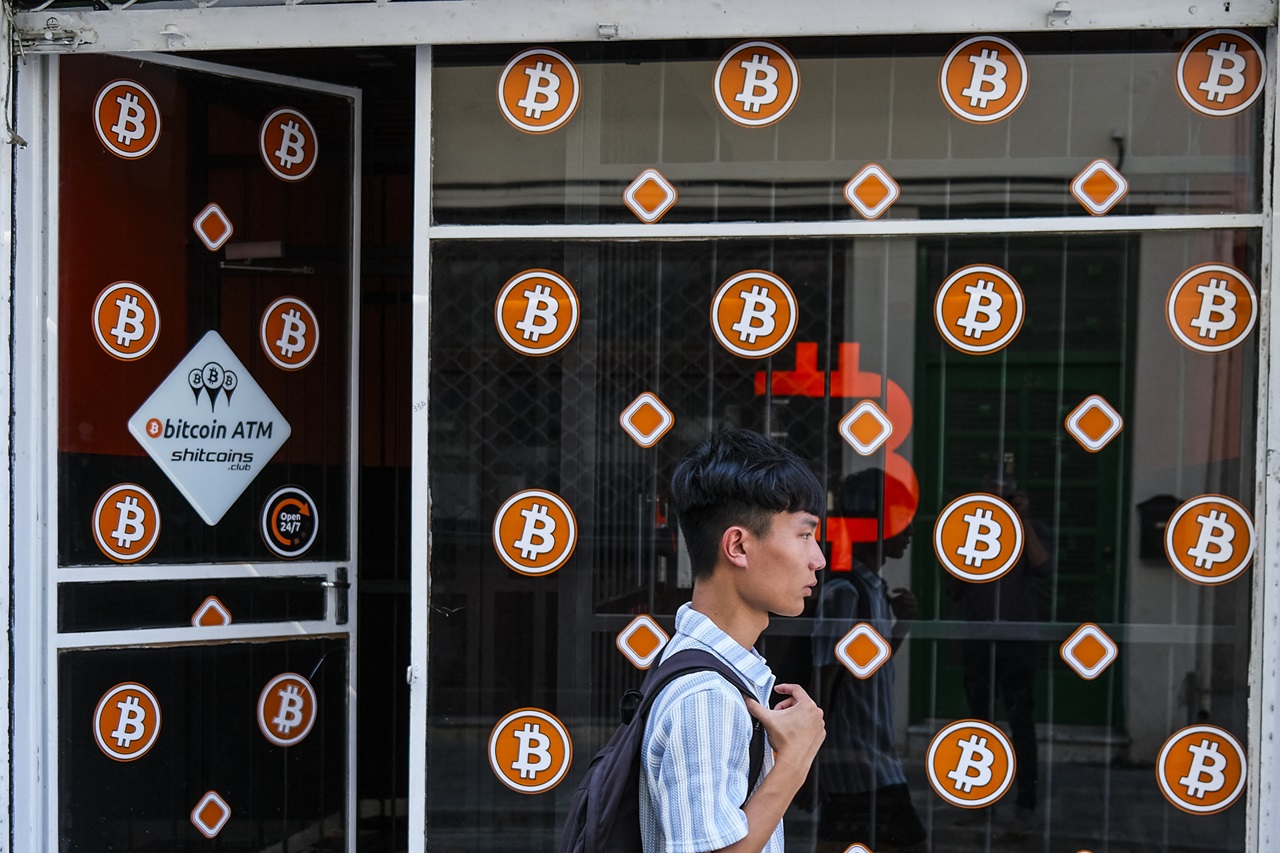

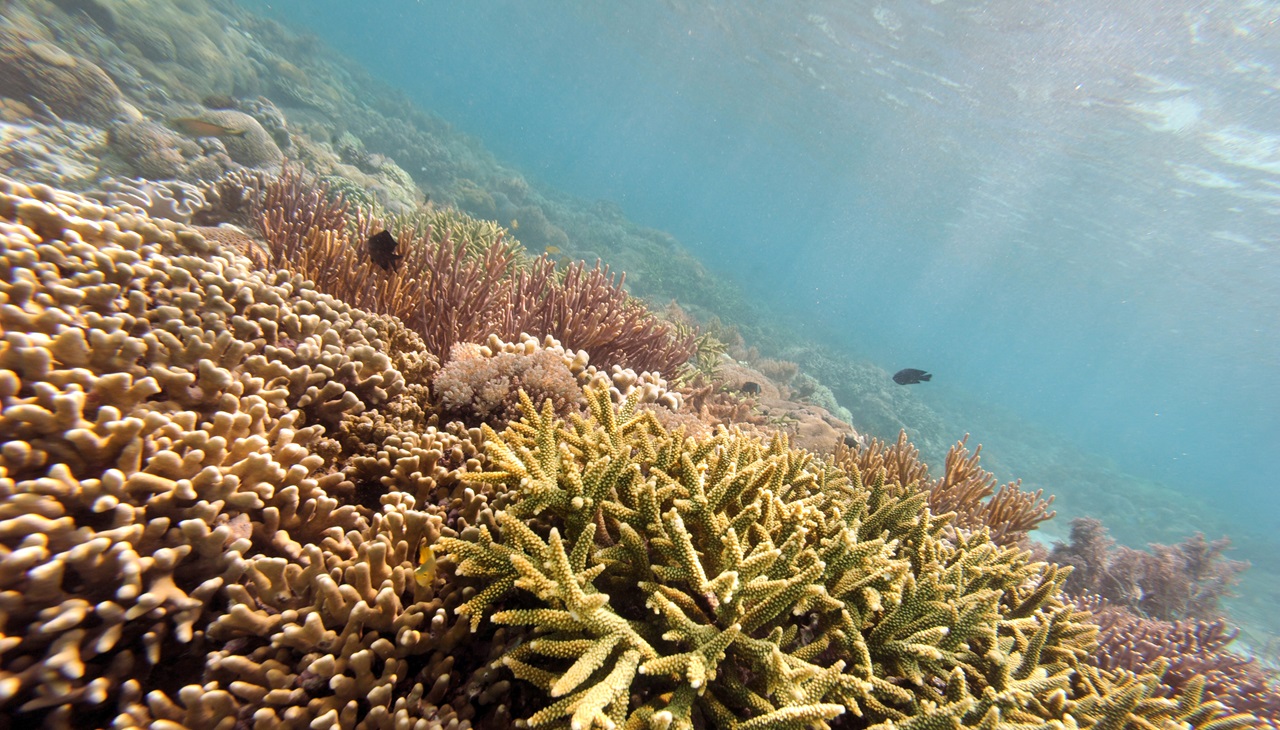
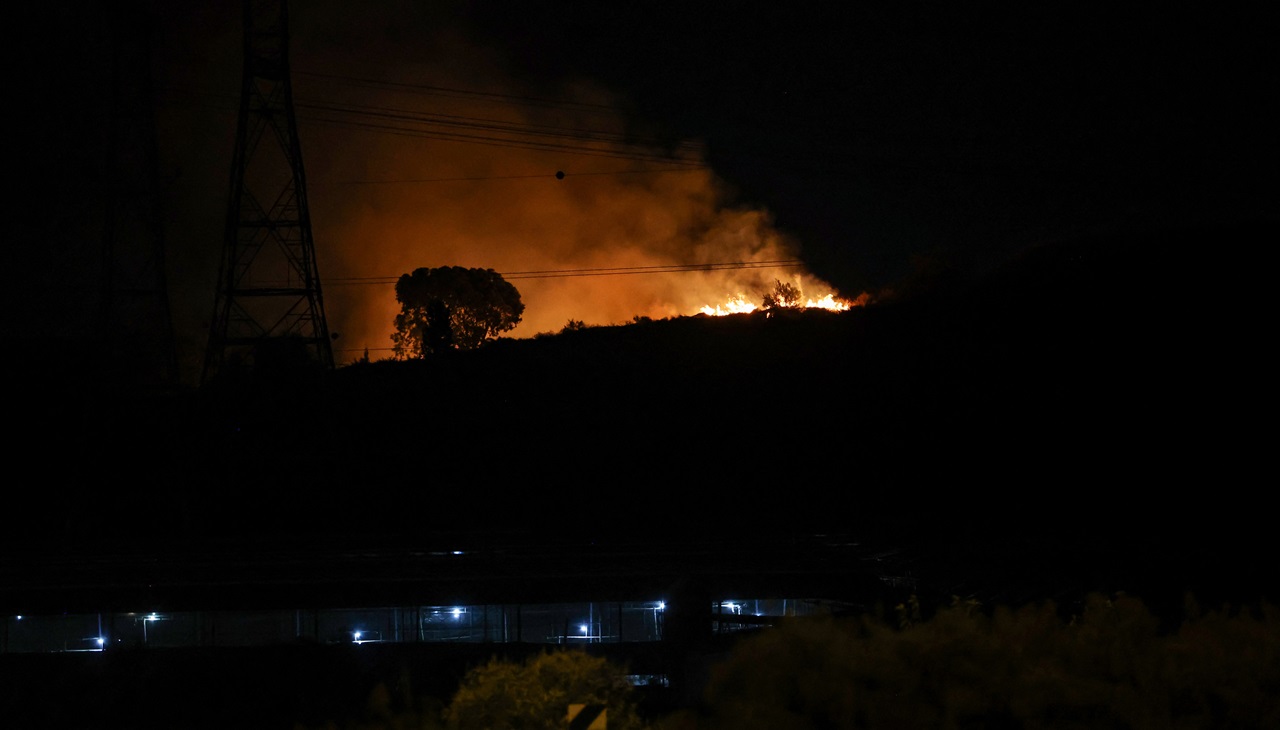
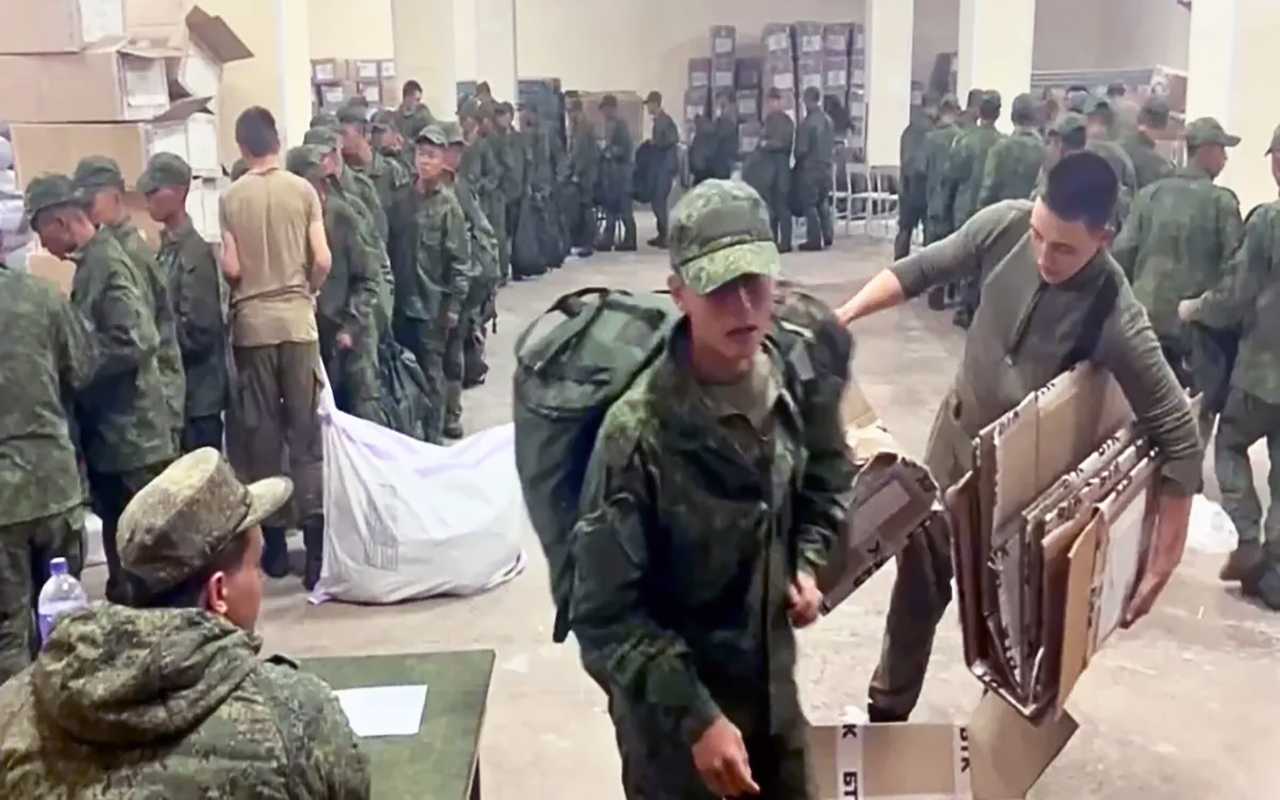
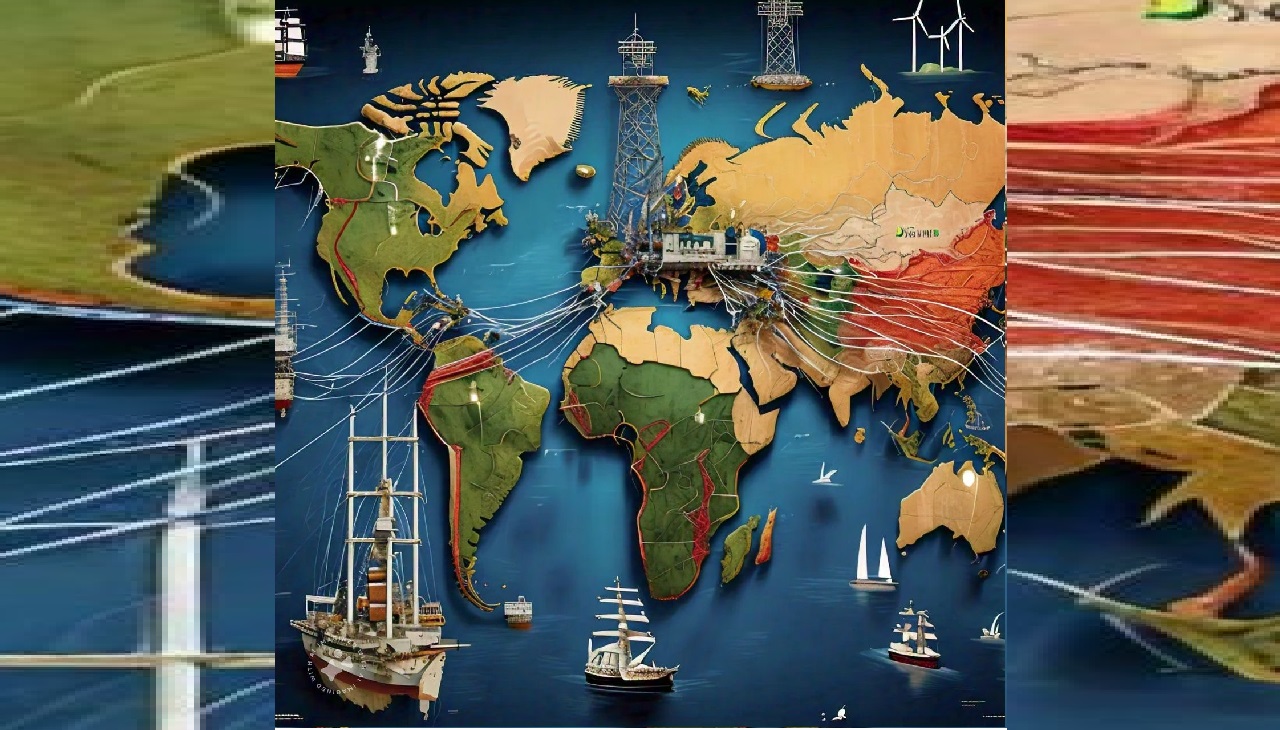
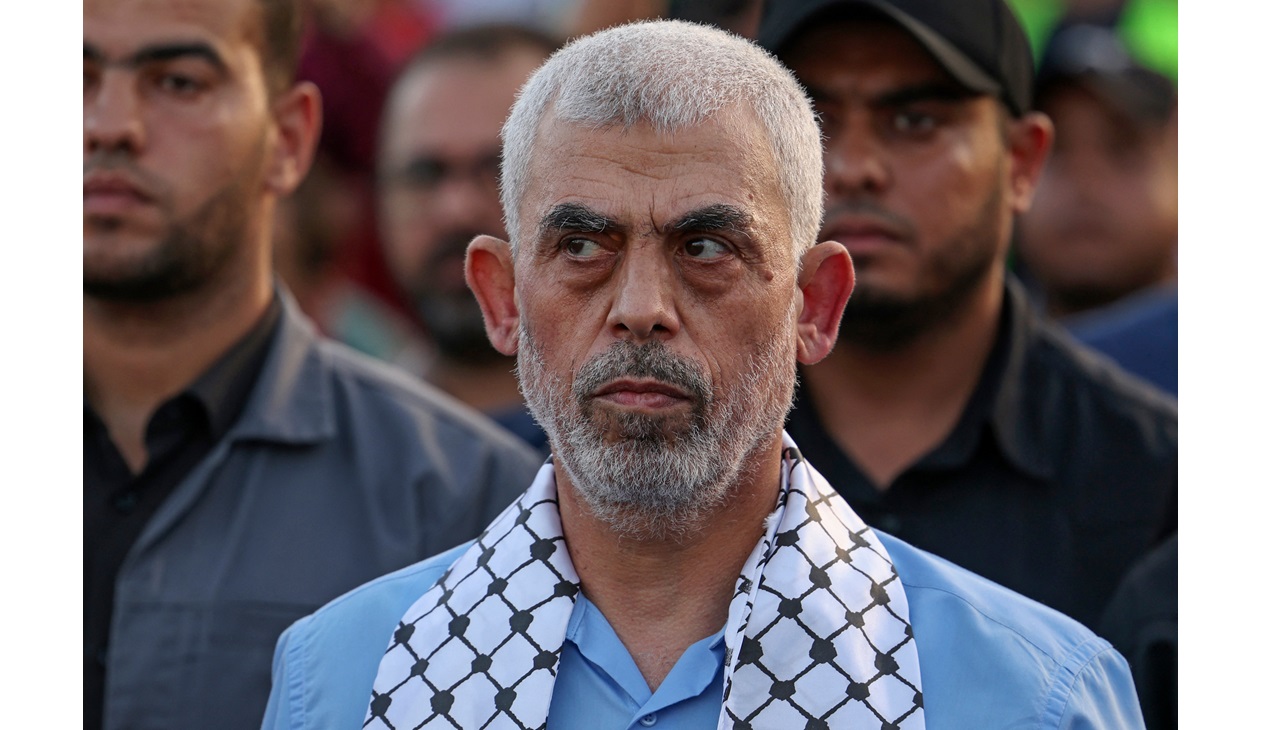

LEAVE A COMMENT:
Join the discussion! Leave a comment.